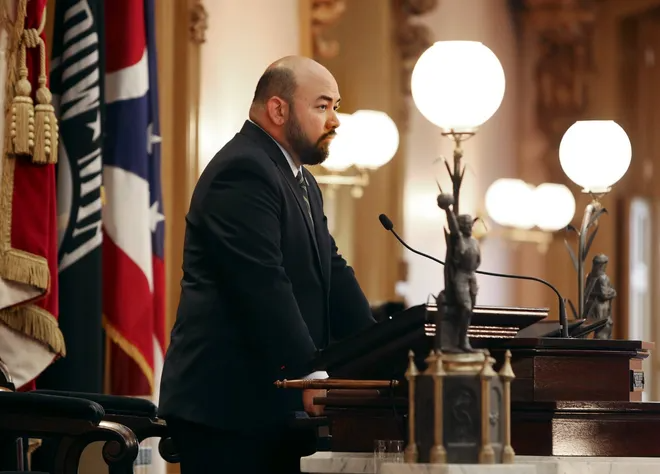Two transgender women in Cameroon have been sentenced to five years in jail for contravening homosexuality laws.
Their lawyers say they were found guilty of “attempting homosexuality” as well as outraging public decency and problems with their ID cards.
One of them is trans celebrity Shakiro, a YouTuber who highlights the problems Cameroon’s banned LGBT community faces.
She and her friend Patricia have been in detention since February after their arrest at a restaurant.
Cameroon is among 31 African countries that criminalizes gay sex.
“It’s a hammer blow. It’s the maximum term outlined in the law. The message is clear: homosexuals don’t have a place in Cameroon,” one of their lawyers, Alice Nkom, who heads the Association for the Defence of Rights of Homosexuals, told the AFP news agency.
Their other lawyer, Richard Tamfu, says the pair will appeal against the verdict as there is no proof that homosexual acts were committed, just suspicion.
‘Courageous’
The court in the city of Douala also fined Shakira and Patricia 200,000 CFA francs ($370; £260) each.
If the two are unable to raise the money to pay the penalties, they will face another 12 months in prison on top of their five-year sentence, the BBC’s Killian Ngala reports from the capital, Yaoundé.

In 2016 Cameroon strengthened its anti-homosexuality laws, changing the penal code to explicitly outlaw same-sex sexual relations, our reporter says.
There is animosity towards gay and transgender people in Cameroon and they can often be beaten up in public, he says.
Shakiro, who has also been identified as Loïc Njeukam, is unusual for being vocal about such persecution.
She has thousands of followers on Facebook and YouTube where she promotes cosmetics and talks openly about her sexuality.
The trial of Shakiro and Patricia, who has also been identified as Roland Mouthe, has been high-profile, with critics saying it is a political decision to prosecute them.


































